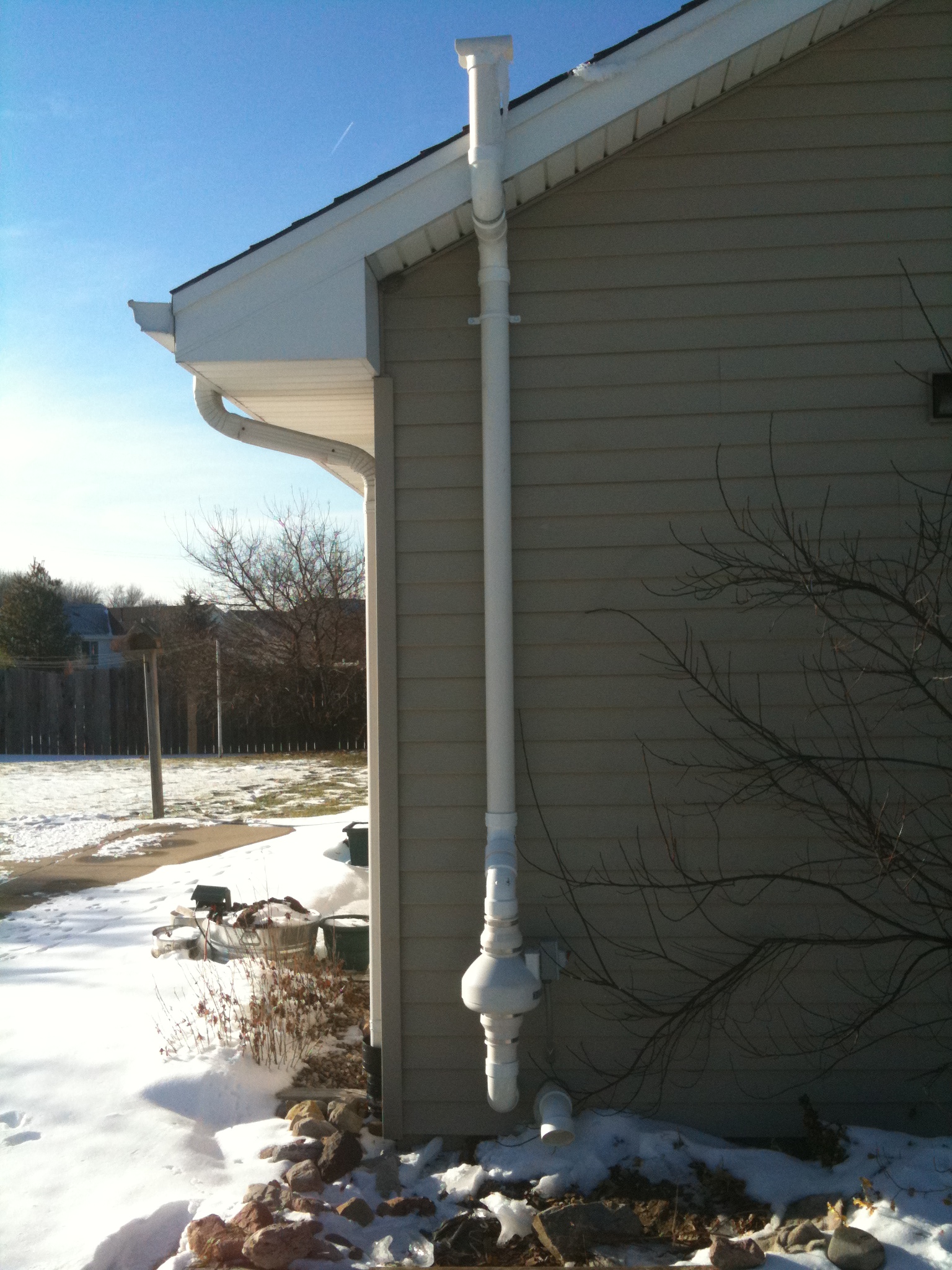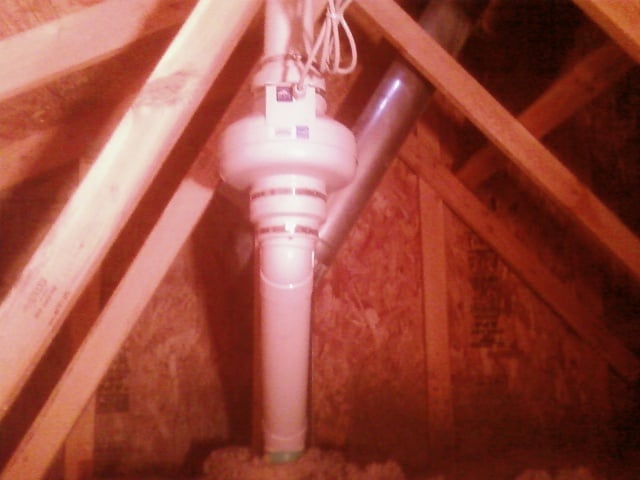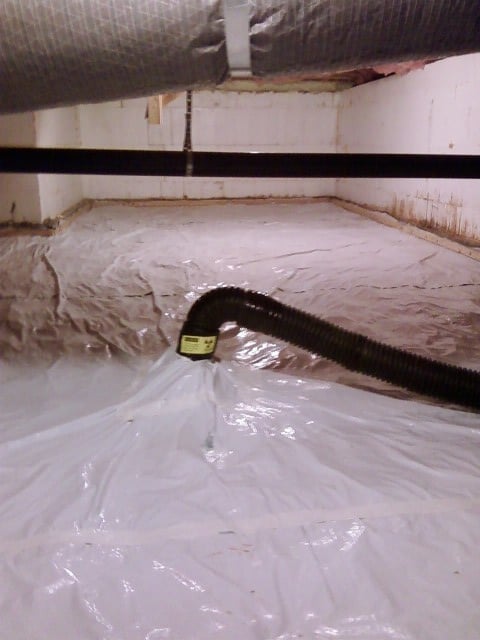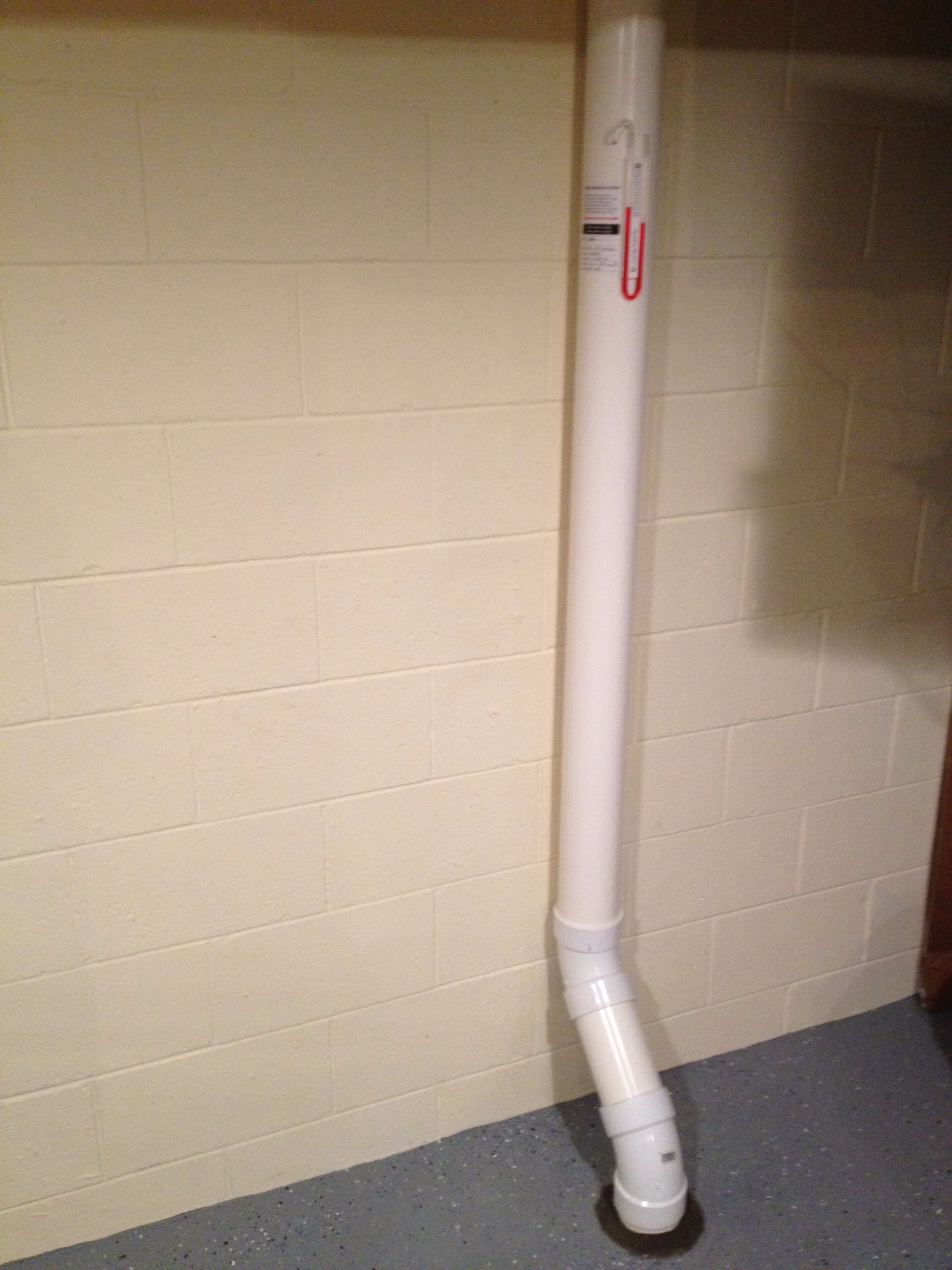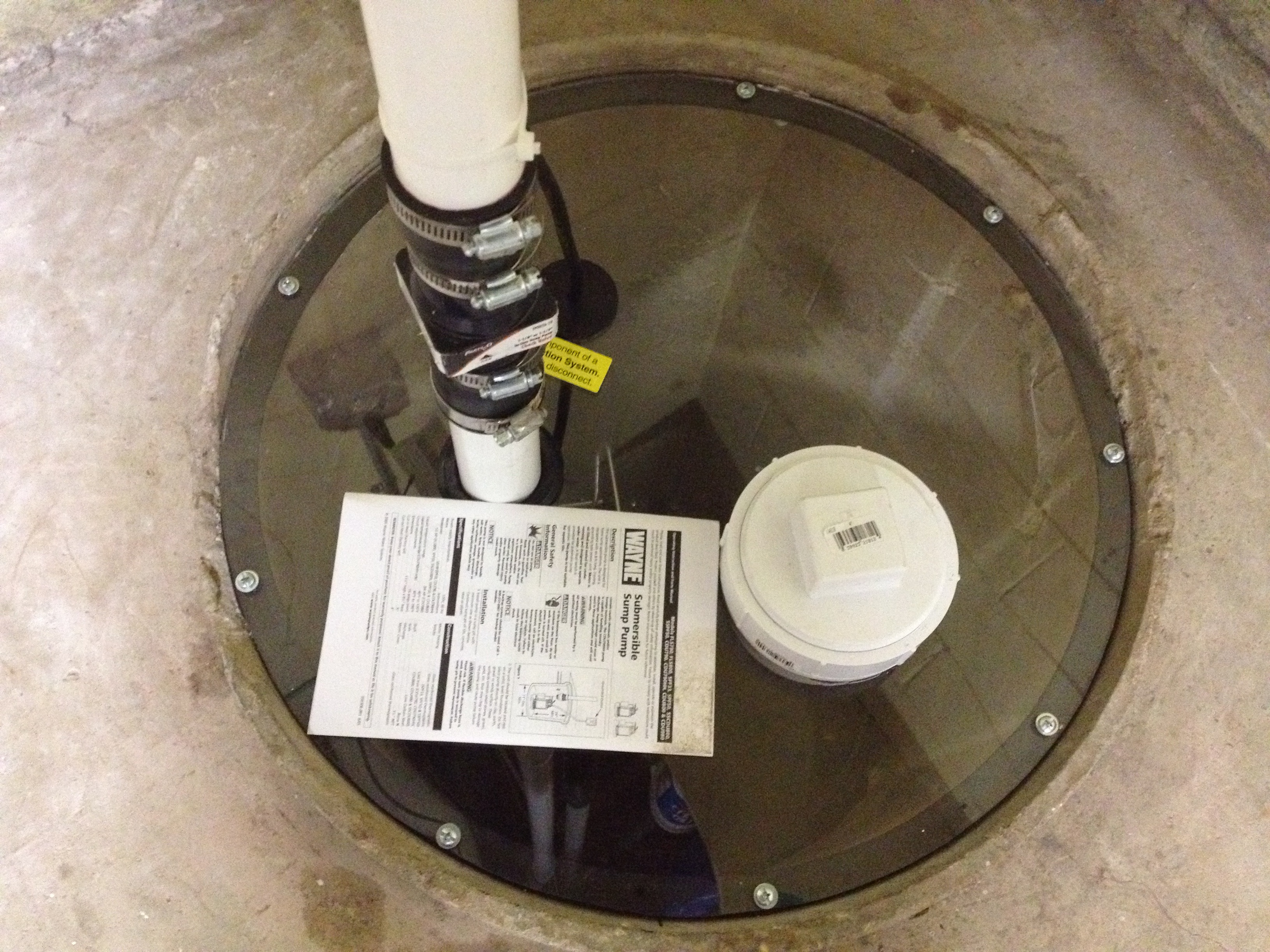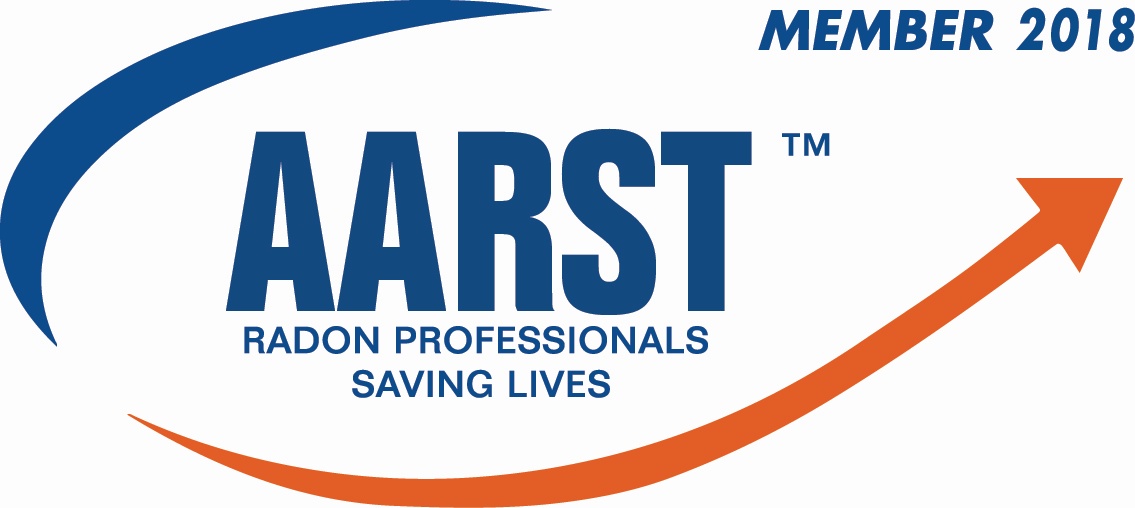About Us
We are a company that is dedicated in helping our local community breathe easier by offering professional services that identify the average overall levels of radon in the home or place of work. If the levels are at or above the action level set by EPA, then we can efficiently mitigate the building and bring the levels well below the action level.
| |
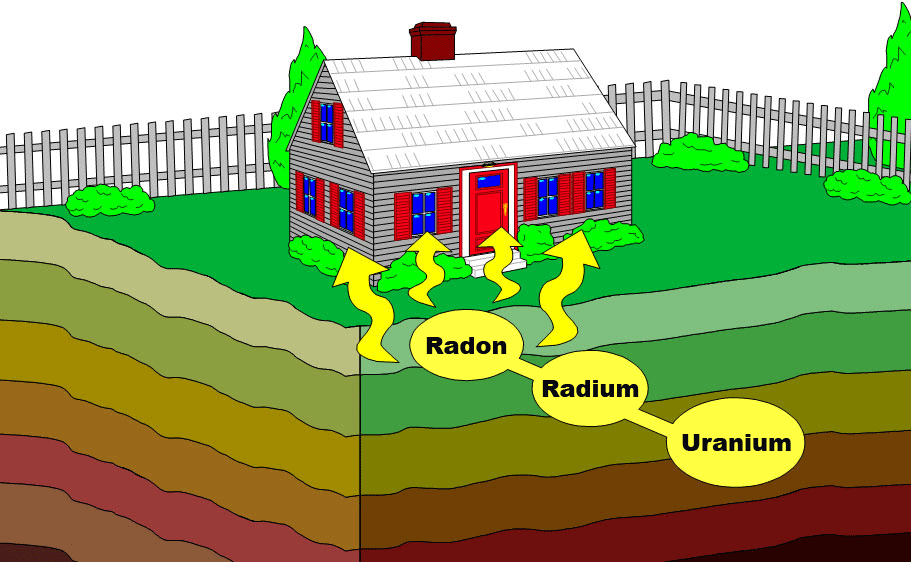
RADON CAUSES LUNG CANCER:
KDHE recommends that all citizens of Kansas test their homes for radon, and if the levels are above 4.0 pCi/l, the homes should be fixed. KDHE also recommends that all citizens who are building new homes in Kansas incorporate Radon Resistant New Construction building techniques into the home.
Radon is a naturally occurring, odorless, colorless invisible radioactive gas that can emanate from soil and become a health hazard when it builds up to higher concentrations in our homes, schools, and offices. Radon is the second-leading cause of lung cancer in the United States, and the first leading cause of lung cancer in people who have never smoked. More than 200 lung cancer deaths per year in Kansas may be linked to indoor radon. EPA estimates that indoor radon contributes to 21,000 lung cancer deaths in the U.S. each year. Exposure causes no immediate symptoms, and often goes unrecognized until serious health complications arise.
The action level for radon has been set by the U.S. Environmental Protection Agency at 4.0 picoCuries per liter (pCi/l). About one out of every three radon measurements performed in Kansas are above the action level. Elevated levels of radon have been detected in every county in the state.
| |
Real Estate Transactions
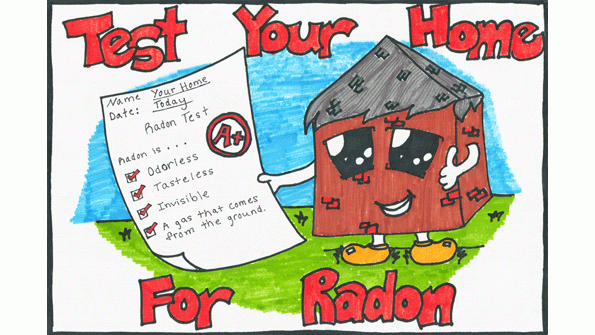
During the 2008 legislative session, a law was passed (HB2772) which requires information about radon and a recommendation to test for radon be provided to all home buyers on their residential real estate contract:
K.S.A. 58-3078a.
Same; information regarding radon. On and after July 1, 2009, each contract for the sale of residential real property shall contain the following language:
"Every buyer of residential real property is notified that the property may present exposure to dangerous concentrations of indoor radon gas that may place occupants at risk of developing radon-induced lung cancer. Radon, a class-A human carcinogen, is the leading cause of lung cancer in non-smokers and the second leading cause overall. Kansas law requires sellers to disclose any information known to the seller that shows elevated concentrations of radon gas in residential real property. The Kansas department of health and environment recommends all home-buyers have an indoor radon test performed prior to purchasing or taking occupancy of residential real property. All testing for radon should be conducted by a radon measurement technician. Elevated radon concentrations can be easily reduced by a radon mitigation technician. For additional information go to www.kansasradonprogram.org."
www.kansasradonprogram.org."
| |

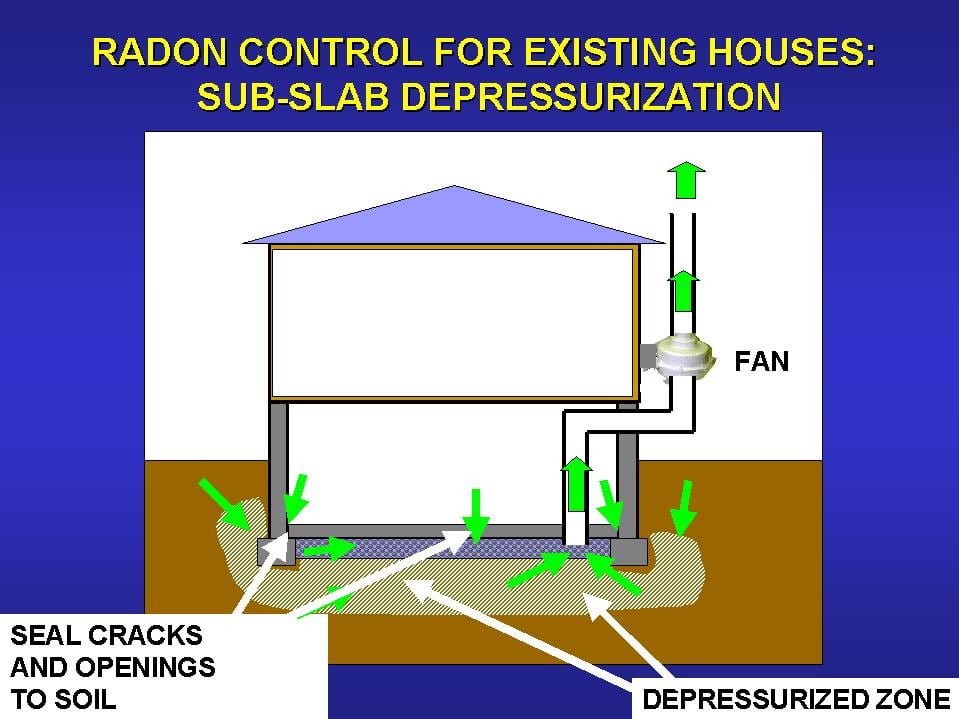
This is what happens after a successful radon mitigation system is installed. The radon gases are siphoned out from underneath the slab adn taken outside the home or place of work.

